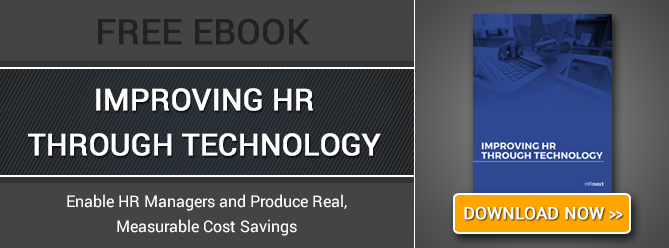Top Characteristics of a Successful HR Leader
Within the human resources arena, top-tier talent is in relatively short supply. Organizations need innovative, resourceful leadership to guide top-down HR initiatives, such as improved applicant tracking and onboarding, leadership training, regulatory compliance and talent acquisition.
For those looking to hire strong leadership, here is a guide to some of the qualities and habits found in the most successful HR managers:
“Organizations need innovative, resourceful leadership.”





Leave a Reply
Want to join the discussion?Feel free to contribute!